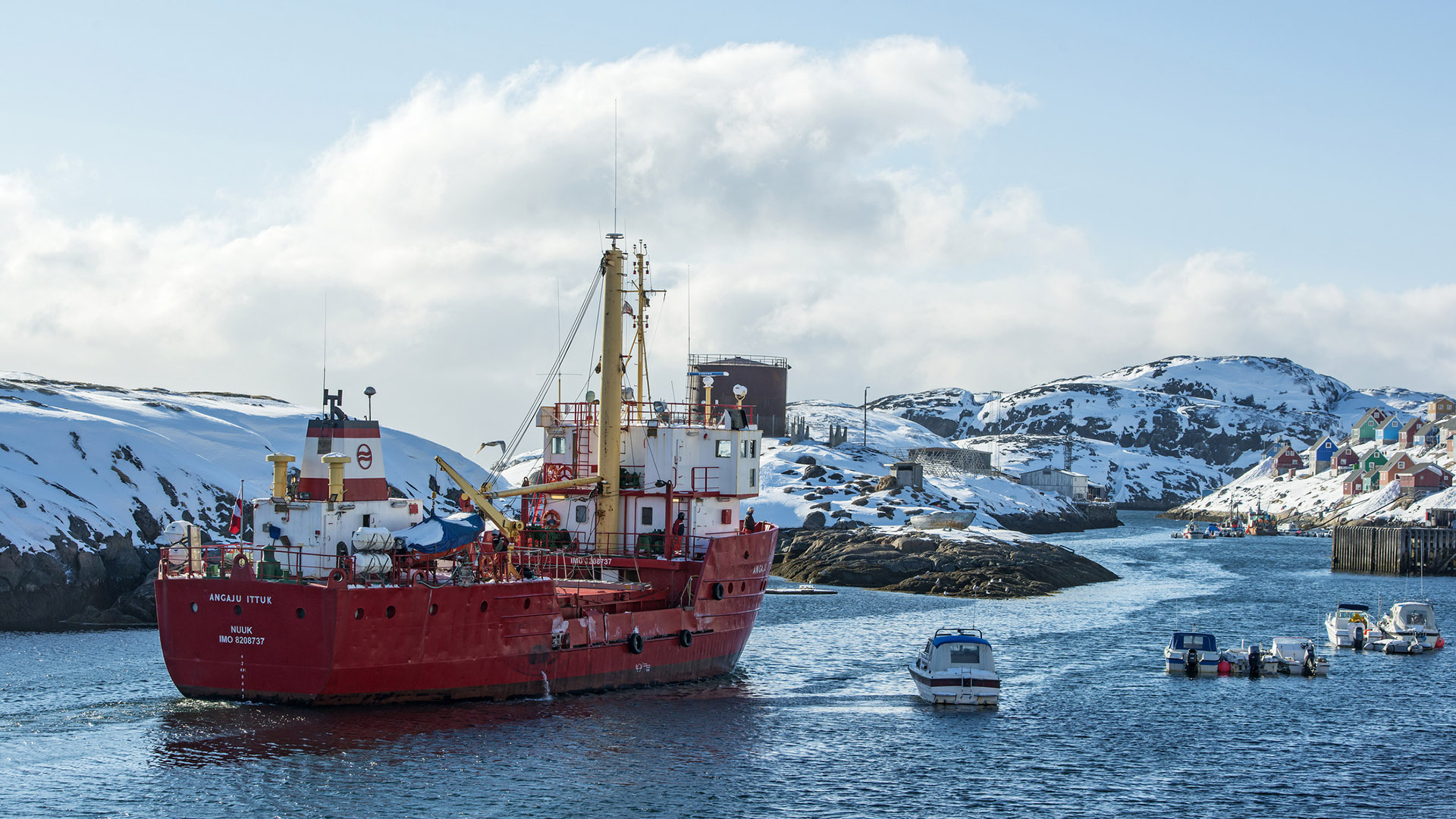[bq]Bogged down by red tape, delays, legal snafus, and the administration’s ill-advised, one-size-fits-all regulatory approach, Alaska is seeing its economic future darken in a hurry – and so is America.[/bq]
CEA President David Holt recently penned an editorial on arctic energy production for Real Clear Energy writing, “Late last year a second major oil company was forced to abandon plans to drill in the Arctic Ocean off the coast of Alaska – and irresponsible, high-fiving anti-development activists, most of whom live thousands of miles away and will not be affected, could not be more thrilled.”
The reasons for the exit from the Arctic are many, but there is one primary reason and it is within our control to mitigate- regulation. Holt writes:
Just-in-time permitting and conflicting agency decisions ensured that Shell would spend all that time and money just to drill one exploratory well in an area of the Chukchi Sea reportedly the size of Texas, where hundreds of other exploratory wells have been drilled successfully. And instead of trying to extend lease terms, the Interior Department placed limits on this season’s drilling activities, leaving one drilling rig idle.
While the Arctic has record amounts of yet-to-be-tapped oil and natural gas resources – and with it, significant opportunities to increase U.S. energy security and create jobs – development can only be achieved if we have an effective, predictable regulatory framework in place.
Which, to date, we don’t. And the outcome will not be good.
Holt says that the fallout from the Arctic exit will be great with impacts coming to the Alaska state budget and economy, to negative consequences for the Trans-Alaska Pipeline to lower 48 gas prices.
The announcements devastated Alaska’s hopes of finding an alternative source of oil to help close its multibillion-dollar budget shortfall and replenish the Trans-Alaska Pipeline, a major energy artery to the lower 48 states operating at about one-quarter capacity because of declining production in onshore oil fields. And with the administration also cutting off access to the resources-rich Arctic National Wildlife Refuge (ANWR) and millions of acres offshore in the Alaska Outer Continental Shelf (OCS) earlier this year, alternatives are limited.
Bogged down by red tape, delays, legal snafus, and the administration’s ill-advised, one-size-fits-all regulatory approach, Alaska is seeing its economic future darken in a hurry – and so is America.
You can read the entire editorial at Real Clear Energy.

